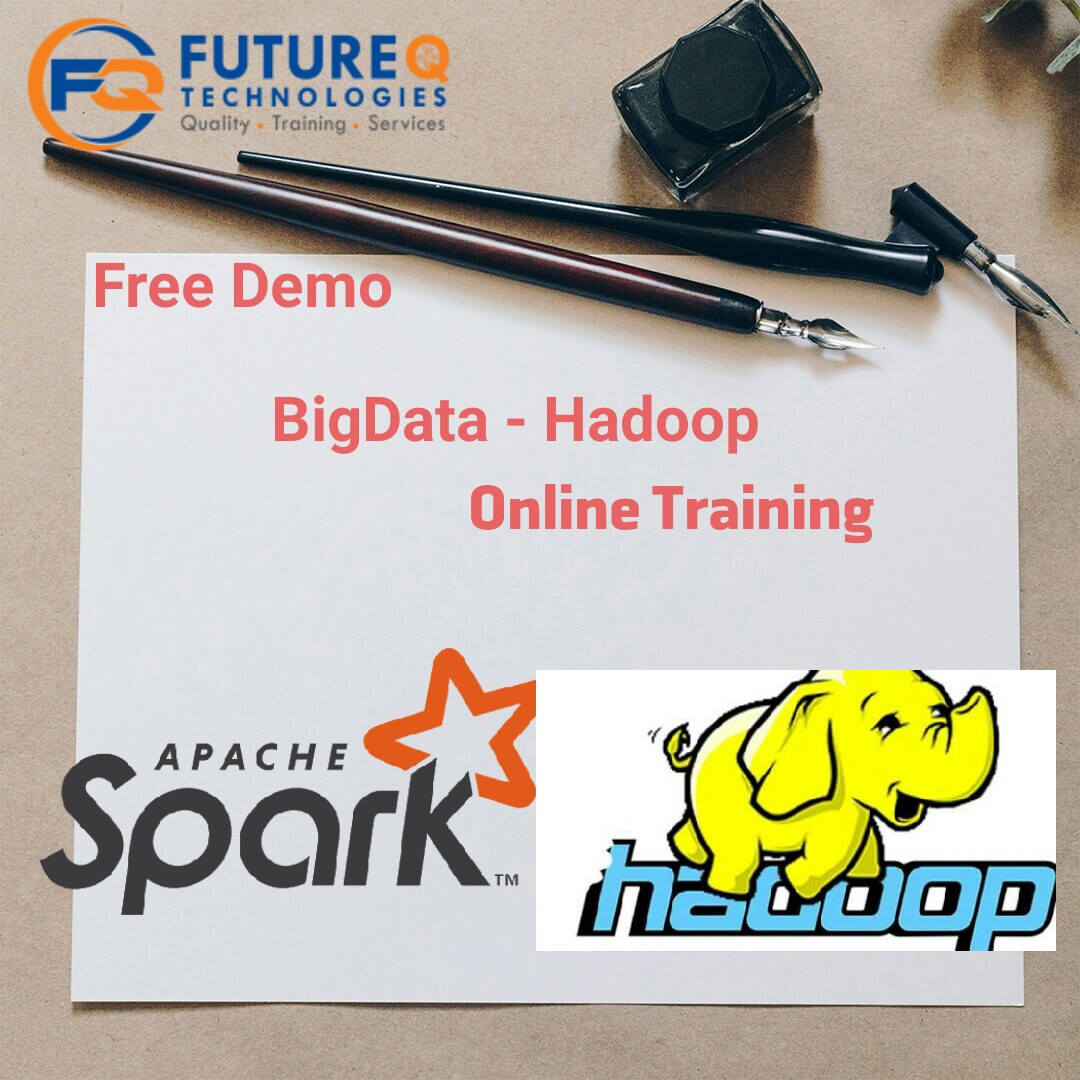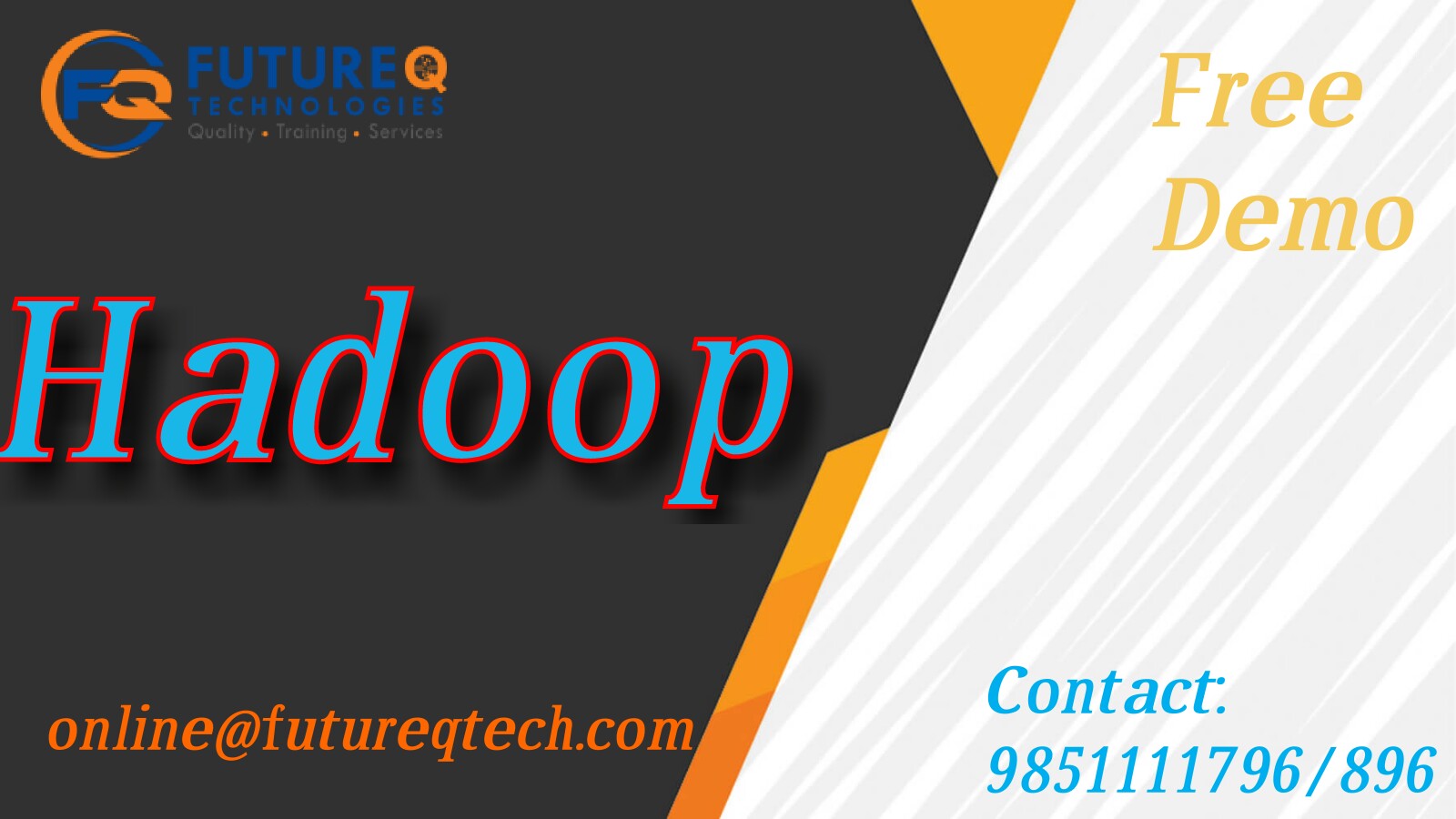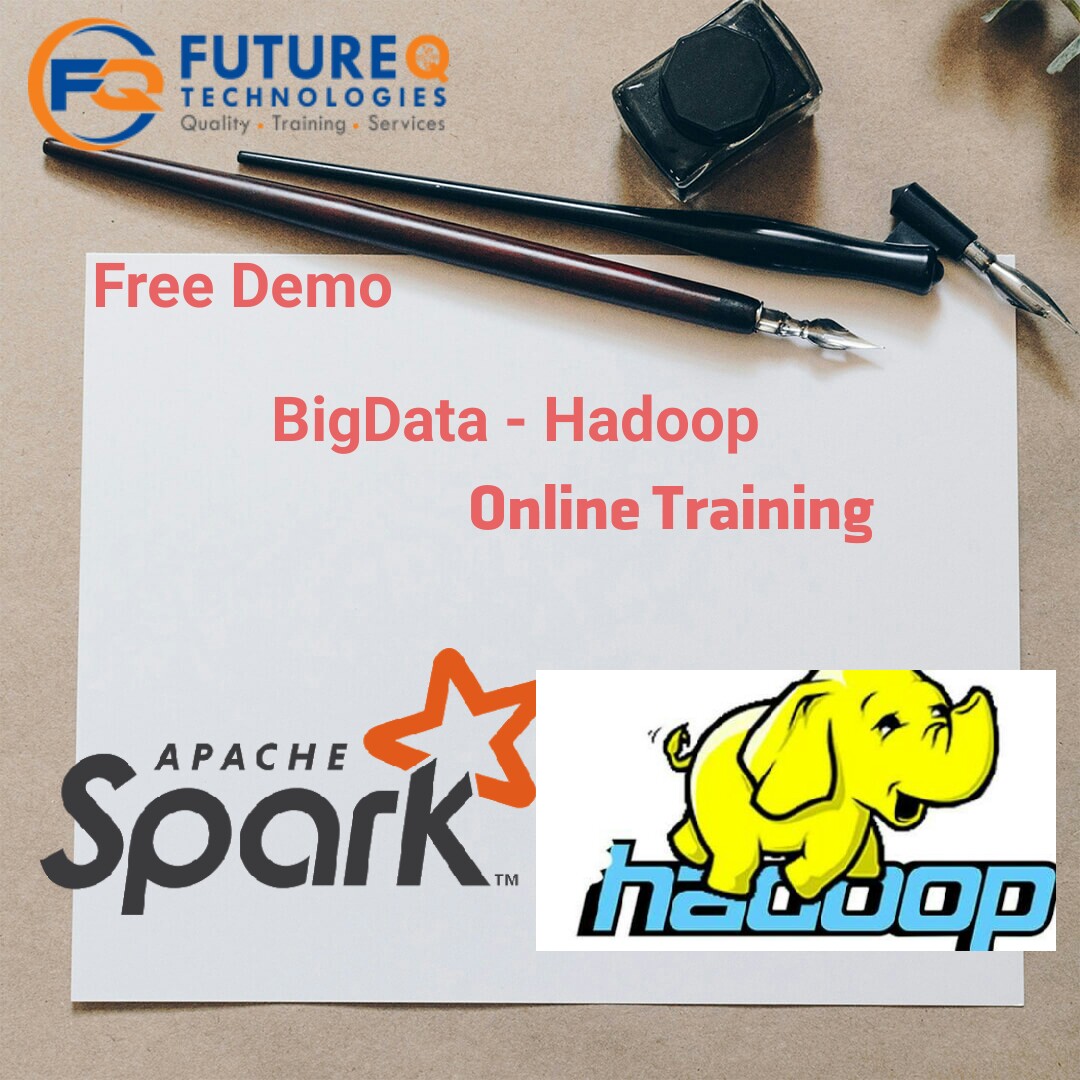Apache Spark is a lightning-fast cluster computing technology, designed for fast computation. It is based on Hadoop MapReduce and it extends the MapReduce model to efficiently use it for more types of computations, which includes interactive queries and stream processing. The main feature of Spark is its in-memory cluster computing that increases the processing speed of an application.
Spark is designed to cover a wide range of workloads such as batch applications, iterative algorithms, interactive queries and streaming. Apart from supporting all these workload in a respective system, it reduces the management burden of maintaining separate tools.
Spark is one of Hadoop’s sub project developed in 2009 in UC Berkeley’s AMPLab by Matei Zaharia. It was Open Sourced in 2010 under a BSD license. It was donated to Apache software foundation in 2013, and now Apache Spark has become a top level Apache project from Feb-2014.
Apache Spark has following features.
- Speed − Spark helps to run an application in Hadoop cluster, up to 100 times faster in memory, and 10 times faster when running on disk. This is possible by reducing number of read/write operations to disk. It stores the intermediate processing data in memory.
- Supports multiple languages − Spark provides built-in APIs in Java, Scala, or Python. Therefore, you can write applications in different languages. Spark comes up with 80 high-level operators for interactive querying.
- Advanced Analytics − Spark not only supports ‘Map’ and ‘reduce’. It also supports SQL queries, Streaming data, Machine learning (ML), and Graph algorithms.




